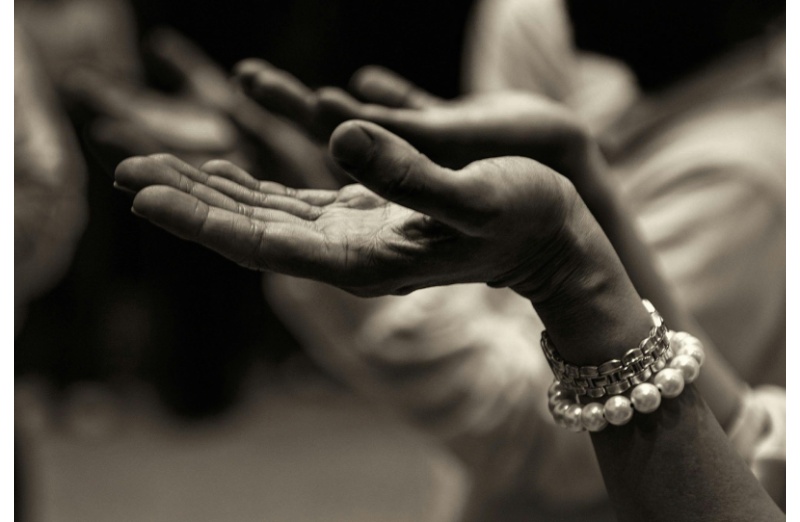
Promoting religious tolerance is more critical than ever. Religious diversity enriches societies and offers different perspectives and traditions that contribute to cultural richness. However, misunderstandings and intolerance can lead to social division and conflict. This blog explores effective strategies for building bridges and mutual respect among religious communities. By understanding the importance of religious tolerance and exploring practical steps to promote it, people can create inclusive and harmonious societies.
Religious diversity encompasses a wide range of beliefs, practices, and traditions that shape individuals’ identities and communities worldwide. From Christianity and Islam to Hinduism and Buddhism, each religion brings unique perspectives and cultural contributions. Acknowledging and respecting this diversity is fundamental to promoting religious tolerance. For example, in countries like Egypt and Pakistan, discriminatory laws and societal prejudices lead to the persecution of Christians. Understanding these challenges is crucial for advocating for equal rights and protections for all religious groups. Education fosters understanding and respect for religious diversity. Integrating religious studies into school curricula, promoting interfaith dialogue, and celebrating religious holidays can cultivate empathy and appreciation for different beliefs.
Interfaith dialogue is a powerful tool for promoting religious tolerance and building bridges between communities. It involves open and respectful conversations among representatives of different religious traditions, aiming to find common ground and address differences constructively. Organizations like the Interfaith Youth Core in the United States facilitate dialogue initiatives that bring together young people from diverse religious backgrounds. These initiatives promote understanding, cooperation, and collaboration on shared social issues, fostering a sense of unity and solidarity. Through interfaith dialogue, participants gain insights into each other’s beliefs and practices, dispelling stereotypes and misconceptions. They also collaborate on community projects and advocacy efforts, demonstrating the positive impact of mutual respect and cooperation.
Protecting religious freedom helps ensure that individuals can practice their faith without fear of discrimination or persecution. Governments play a crucial role in upholding religious freedoms through legislation, policies, and enforcement mechanisms. For instance, in countries like Saudi Arabia and Iran, Christians and other religious minorities face severe restrictions on worship and religious expression. International pressure and advocacy efforts can hold governments accountable and promote religious rights globally. Civil society organizations and human rights groups monitor religious freedom violations and provide support to affected communities. They advocate for legal reforms, raise awareness about religious persecution, and offer humanitarian assistance to refugees and displaced persons.
Stereotypes and prejudices based on religious identity perpetuate discrimination and hinder efforts to promote tolerance. Media, entertainment, and social media platforms often shape public perceptions of religious groups. For example, negative portrayals of Muslims in Western media contribute to Islamophobia and social stigma. Challenging stereotypes requires promoting accurate representations of diverse religious communities and highlighting their contributions to society. Educational initiatives, such as cultural sensitivity training for media professionals and journalists, can foster responsible reporting and storytelling. Community engagement programs that bring together people from different backgrounds to share their experiences and perspectives can also help break down barriers and foster empathy.
Community outreach and collaboration promote religious tolerance at the grassroots level. Local initiatives, such as interfaith prayer services, cultural festivals, and community service projects, bring people together across religious lines. For example, initiatives like Habitat for Humanity’s Interfaith Build project in the United States unite volunteers from diverse religious backgrounds to build homes for families in need. These collaborative efforts build relationships, foster trust, and demonstrate the power of solidarity in addressing shared challenges. Religious leaders and institutions play a crucial role in promoting tolerance within their communities. They can use their platforms to condemn intolerance and promote messages of peace, understanding, and respect for diversity. By working together through community outreach and collaboration, individuals and organizations can create positive change and build inclusive communities where religious differences are celebrated rather than feared.
Promoting religious tolerance requires a concerted effort at all levels of society, from grassroots initiatives to international advocacy. By understanding religious diversity, engaging in interfaith dialogue, protecting religious freedom, challenging stereotypes, and fostering community outreach and collaboration, people can build bridges between religious communities. This creates societies where mutual respect and acceptance prevail. Embracing religious diversity enriches people’s shared humanity. It also strengthens people’s collective efforts toward achieving peace and harmony.
Swiss International University (SIU) is on track to be one of the world's most respected… Read More
In a session that left students buzzing with fresh ideas and practical insights, Invertis University… Read More
At the 21st Shanghai International Automobile Industry Exhibition, which is surging with the wave of… Read More
Liverpool, UK—House of Spells and Comic Con Liverpool are once again collaborating to bring the… Read More
Introduction In India's booming EdTech space, there's one name that's making waves among Telugu students… Read More
In litigation, often, the difference between winning and losing comes down to strategy. Although facts… Read More